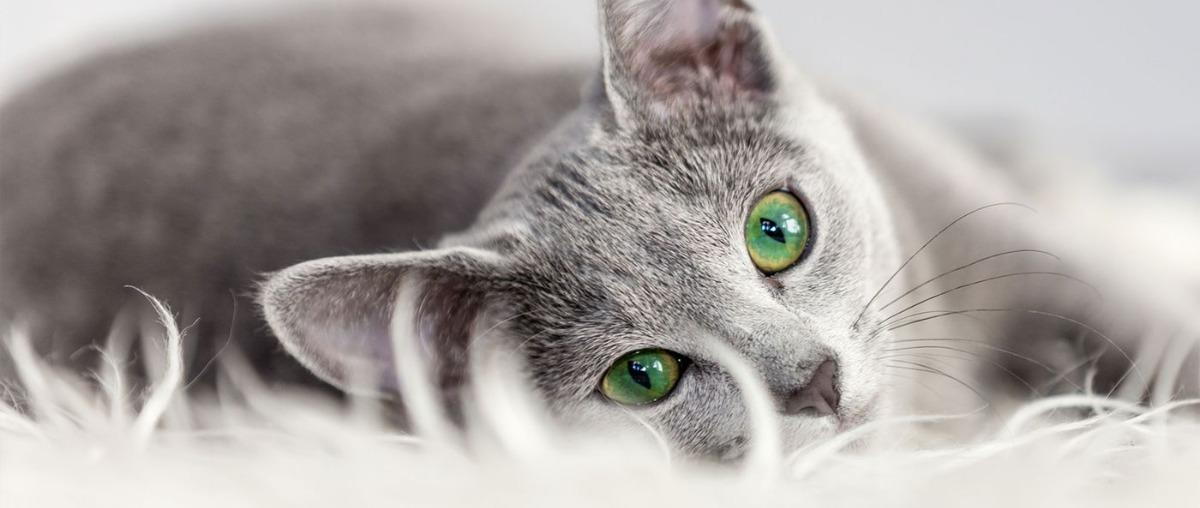
One of the most common types of tumors in cats is mast cell tumors, also known as MCT or mastocytoma. Mast cell tumors can appear in any breed or mixed breed. Dr. Lori and our team at The Cat Practice in Oak Park look at the facts about mast cell tumors in cats.
What Causes MCTs?
Mast cells are normal white blood cells found in body tissues like the skin or the spleen. They usually protect a cat’s body from allergens. A mast cell tumor is caused by mutated mast cells. Why they mutate is unknown, but it is probably due to a variety of factors.
More Than One Kind of MCT
There are three kinds of MCTs; cutaneous, visceral, and intestinal. Cutaneous MCTs appear on the skin. Visceral or splenic MCTs appear on the spleen or other internal organs. Intestinal MCTs appear on the intestines.
Cancer
Only about 10 percent of cutaneous MCTs are cancerous. However, visceral and intestinal MCTs are usually cancerous. If left untreated, they can be fatal.
What Do MCTs Look Like?
Cutaneous MCTs appear as either hard, flat lumps or small lumps. They are usually itchy. They most often appear on the top of the head and neck. Even though the tumor or tumors may be benign, your cat should go to the veterinarian’s office immediately.
The Symptoms of Visceral and Intestinal MCTs
Your cat will likely not be hungry, start losing weight, vomit, have diarrhea, and may have tar-like stools which indicate blood in the stool. Your cat may also pass bright red blood in the stool. See your veterinarian immediately if your cat shows these symptoms.
Treatment for MCTs
Once a mast cell tumor has been diagnosed, treatment for all of the types is usually surgery. Sometimes chemotherapy may be needed. Cats with inoperable tumors need radiation therapy. Medication to help with nausea or heartburn is often prescribed so the cat can have an appetite and keep the food down.
Contact Our Veterinarian in Oak Park, IL
If you have questions about mast cell tumors in cats and live in the Oak Park area, call our team at The Cat Practice today at (708) 383-5997 or reach us through our website by using our online contact form.
